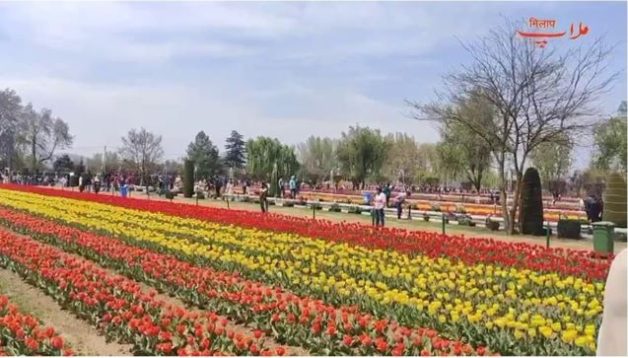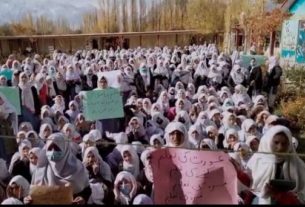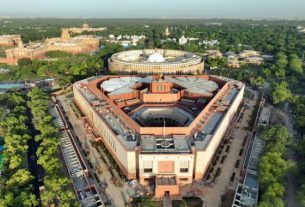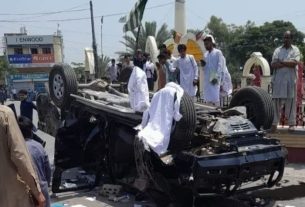Srinagar:Data indicates that the first half of this year has been notably the most peaceful period in the Union Territory of Jammu and Kashmir when compared to the corresponding periods of the last decade.
According to figures gathered from news reports by the South Asia Terrorism Portal (SATP), which provides data on terrorism and low-intensity warfare, there were a total of 27 incidents of killings in the region between January and June this year.
This marks the lowest number of incidents recorded during this period since 2012, when 26 such incidents were reported.
A total of 50 lives were lost, comprising 29 terrorists, nine civilians, and 11 security forces members. One death remains unspecified. Among the terrorists, eight were local, while 19 were of foreign origin.
Contrasting this with the situation in 2019, the year when special status under Article 370 was revoked, there were 222 recorded deaths in 97 incidents of killings during the same period, making it the highest toll in the last decade. In that year, 128 terrorists were neutralized, while 72 security forces personnel were killed.
Moving to the year 2022, there were 169 terror-related deaths reported in J&K, and a record 130 terrorists were neutralized. This figure was the second-highest in the last 10 years, following 2020, when 134 terrorists were eliminated.
The number of terror-related incidents for the first half of this year has also hit a seven-year low, with 123 incidents, compared to the high of 270 incidents recorded last year for the same January-June duration. Back in 2015, a total of 108 such incidents took place during the first six months.
Several factors have contributed to the decline in terror-related incidents, including the developmental efforts in the region and a perceptible reduction in cross-border infiltration from Pakistan. According to Union Home Ministry data shared in Lok Sabha, the first half of this year witnessed zero ‘net infiltration’ in J&K, a significant drop from the 141 cases of infiltration reported in 2019.
In addition to the crackdown on terrorists by security forces, central agencies, and the J&K government, efforts have been made to dismantle the terror financing ecosystem, including hawala and narco terror modules.
There has also been scrutiny of government employees suspected of supporting secessionist activities, resulting in the termination of services for 52 such employees since 2021.
As a result of the successful anti-terror measures, positive changes are being observed in the social sphere of Kashmiri lives. Recently, the Shia community in Srinagar took out a Muharram procession with over 25,000 participants, a significant event that took place after more than three decades.
The LG Manoj Sinha too participated in the Muharram procession in downtown Srinagar on Saturday giving a huge indicator of changed times.
Additionally, the Kashmir Valley experienced the most peaceful Ramzan month this year since the onset of militancy in 1989, with no reported incidents of law and order disturbances or militant attacks.
Furthermore, the region hosted the crucial G20 Tourism Working Group in Srinagar, marking the first major international gathering in Jammu and Kashmir since the abrogation of special status in August 2019. The ongoing Amarnath Yatra has also seen a tremendous response, with over 3.7 lakh pilgrims visiting the holy shrine in the first 27 days, surpassing last year’s total figure.__thekashmirmonitor.net





